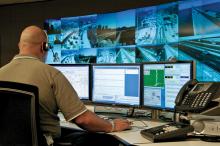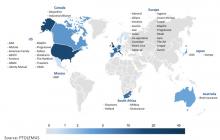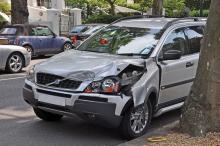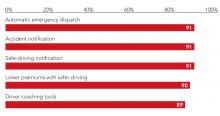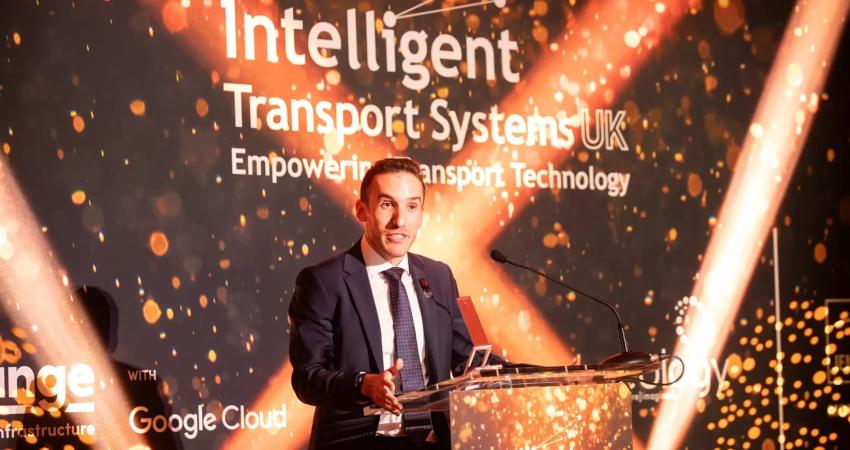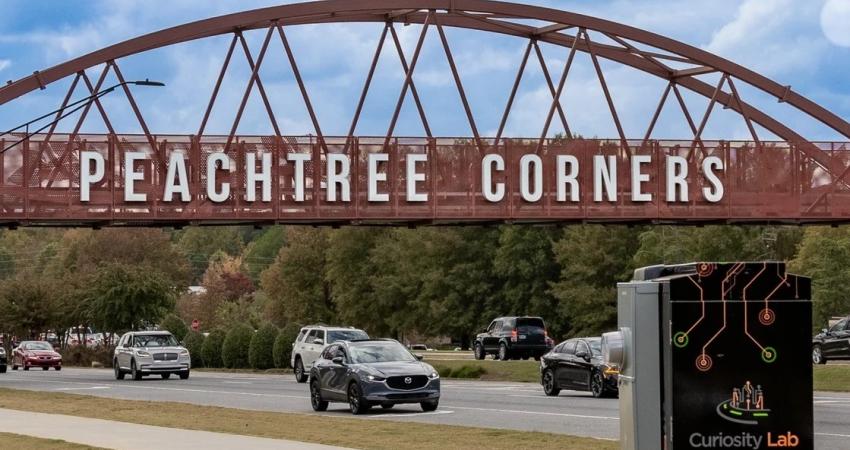The technology collects billions of data sets per day through a range of telemetry, including comprehensive geographical and road infrastructure data in conjunction with traffic, weather and road accident data.
By behavioural elements in the way people drive, traffic congestion and infrastructure like traffic lights, and looking at the combination between ambience, infrastructure and driver behaviour patterns, it enables scoring to categorise high risk motor areas, such as junctions, in any given city.
The developers say the technology can capture and translate this data for multiple cities across the world, especially those across Europe, US, Asia and Latin America and is applicable to not only those with high accident rates but municipalities with a need to improve driving infrastructure.
Smart Cities is the first of two products being developed as part of the partnership between Scope Technologies and RTU. The two new partners have combined Scope’s telematics and big data mining capability and geographical data with RTU’s world-leading technology research and modelling analysis to develop products that will drastically improve driver safety.
Smart Cities technology aims to identify dangerous infrastructure-related driving areas
Scope Technologies and specialist technology Riga Technical University (RTU), Latvia, have partnered to develop Smart Cities technology which they say will help municipalities and major cities identify dangerous infrastructure-related driving areas. The technology collects billions of data sets per day through a range of telemetry, including comprehensive geographical and road infrastructure data in conjunction with traffic, weather and road accident data. By behavioural elements in the way people drive, tr
Scope Technologies and specialist technology Riga Technical University (RTU), Latvia, have partnered to develop Smart Cities technology which they say will help municipalities and major cities identify dangerous infrastructure-related driving areas.

